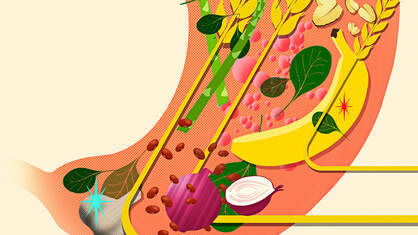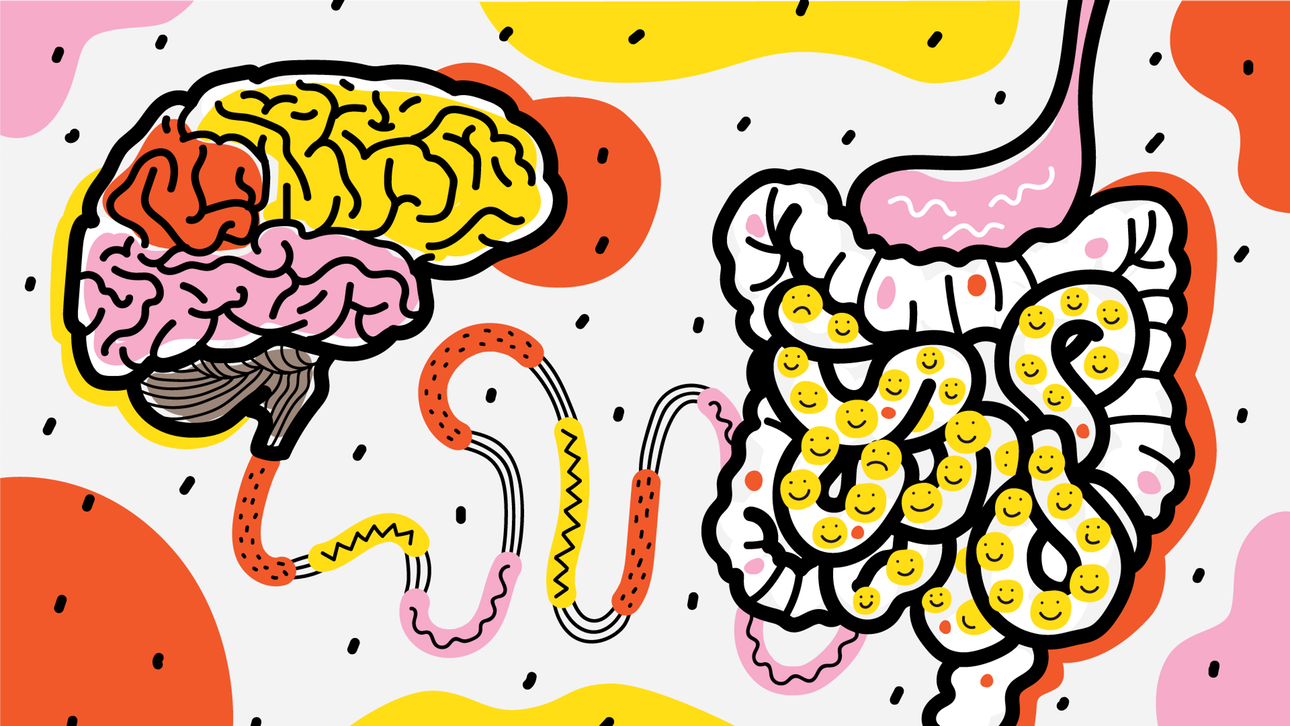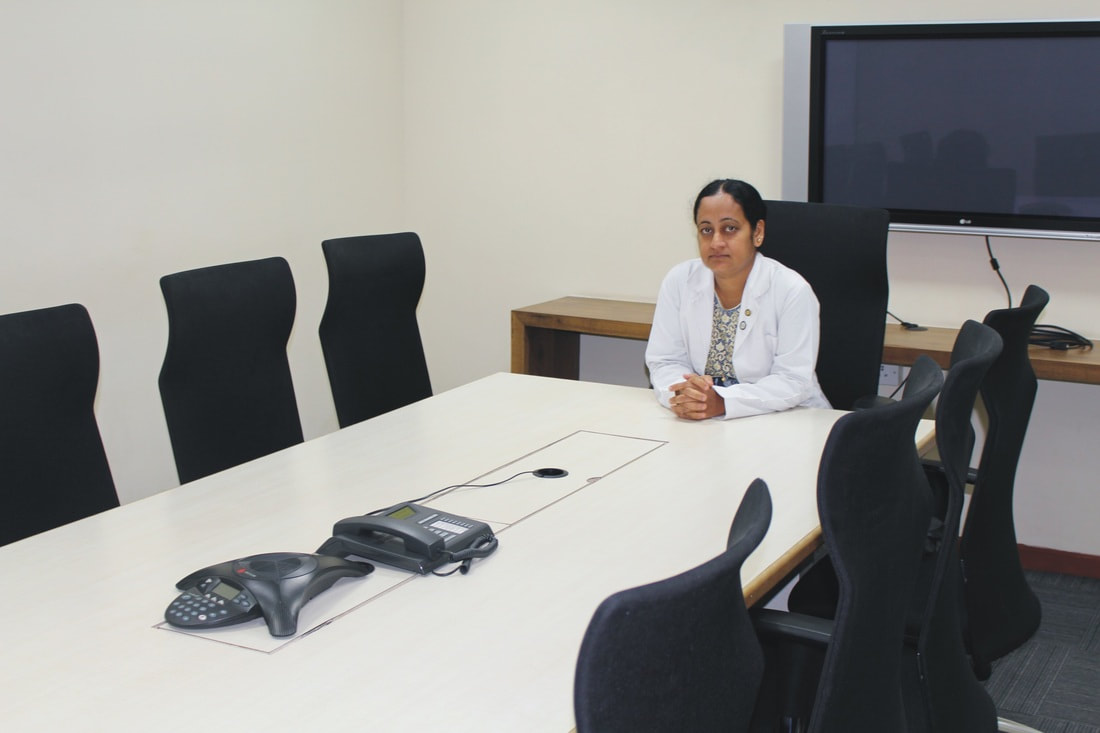 Environment Affects Gut Microbiome Composition to a Great Extent Environment Affects Gut Microbiome Composition to a Great Extent There is more to human body than cells. We all walk around with trillions of microorganisms (labeled as microbes or microbiota) that include not only bacteria but also fungi, viruses and parasites residing all over our body. These organisms are happy with their residence and a whole bunch of them exist in our large and small intestine. The microbiota inside each person is uniquely determined by one’s DNA. Each of us attract different microbes during delivery (in the birth canal) and also through our breastfeeding. Our mums play an integral role in primarily deciding the type of microbes we get exposed to after birth. But as we grow, environmental factors and diet strongly impact the type of microbes in our body thereby increasing our risk for diseases or protecting us against the same ones trying to keep us healthy. There are even articles in reputed newspapers such as the ‘Time’ (https://time.com/5597688/microbiome-diabetes-premature-birth-prediction/) that support the effect of these factors on our microbiome composition. Microorganisms are Indispensable for a Healthy Life We take utmost precaution while using a lavatory or clean our hands thoroughly to get rid of the microbes that exist in the air but its time to understand that a germ-free life is not what we desire. We have increased our risk of autoimmune diseases by minimizing our exposure to gut bacteria right from childbirth. That’s probably due to the increase in the number of C-sections. A child is first exposed to these microbes through the birth canal but in the case of a C-section its only the hospital environment and the microorganisms dancing around. Breastfeeding also doesn’t see the daylight many times and maybe we are setting an environment that’s favorable to diseases such as asthma and type 1 diabetes. With great knowledge comes great enlightenment. Bombarded by the advantages of the gut microbiota individuals who hated these bacteria, fungi and virus have started loving the same ones for their positive effect on our body. We have reached a stage where even waste is not a waste anymore-microbe strains in fecal matter excreted by a human being with a healthy gut is transplanted into that of an individual with colitis. We do have articles and news about effective weight loss changes linked with altered gut microbiome. Each of our body works differently and each of us lose/gain weight in a different manner mostly dependent on our metabolic rates. Some of us have low metabolic rates which makes weight loss process extremely slow whereas, some others have a high metabolic rate which saves them from weight gain despite their frequent indulgence in ice creams and sweet treats. We have got ample theories that altering the person’s metabolic rate by altering the gut microbiota is an effective strategy for weight management. Various researches have shown an indispensable link between microbes and their effect on obesity and diabetes. Testing Diabetes & Obesity A research team followed a group of more than 100 volunteers for 4 years and noted the effects of environmental exposure on their immune system and gut microbe composition. The microbiome can help in detecting insulin resistance and this study showed that people with this condition had a different microbiome composition. Insulin resistance can pave way for prediabetes which in turn can cause diabetes. Hence, the microbiome in the gut surely can help in detecting our risk of diabetes. Similarly, different trials have showed positive links between microbiome composition and risk of premature delivery as well as inflammatory bowel disease. Genetically humans are almost similar but their microbiome composition varies vastly as it is greatly influenced by the individual’s sleep, environment and exercise routines. We do insist upon these for a healthier upbringing but the chicken and egg story does exist here too. Many times, we are perplexed whether sleep routines affect our microbiome or whether the microbiome in our gut determines our quality of sleep. Antibiotics seem to define our quality of life to a great extent. The persistent and overuse of antibiotics has led to antibiotic resistance where the viruses and bacteria are becoming stronger against the medications making us vulnerable to different diseases. Containing diseases and ailments by dispensing antibiotics right from younger years prevents our body from working strongly against these diseases naturally and the immune system is disturbed greatly. Such lack of exposure to germs thereby puts the individual at a lifelong risk of allergies and autoimmune diseases. We do have hints that microbiomes could dictate our future as microbiome-derived meds could be the go-to meds for individuals. These in fact communicate with our brains and bring about mood changes too. This doesn’t come as a surprise as the microbiome does cause intestinal disorders which are related to anxiety and depression levels. Psychobiotics is the new term for describing the impact of gut microbiome on brain health. Any changes in the microbiome that sets it off balance can affect your mood, bring in anxiety and cause stress. The plethora of research focusing on gut-brain connection shows a strong link between these body parts. Basically, psychobiotics are mind-altering probiotics that help in enhancing gut-brain connection and keeping our mood in place. So, what you eat and how you live does have an impact on how you behave and what you think too. References From ancient civilization to modern tribes, what do our microbiomes say about us? https://edition.cnn.com/2017/08/02/health/global-microbiome-project-yanomami-tribe-vital-signs/index.html Role of gut bacteria in averting Type 1 diabetes: https://news.harvard.edu/gazette/story/2017/08/specific-gene-and-intestinal-bacteria-work-together-to-ward-off-diabetes/ Can the Bacteria in your Gut Explain your Mood? https://www.nytimes.com/2015/06/28/magazine/can-the-bacteria-in-your-gut-explain-your-mood.html The Human Microbiome: Why our Microbes Could be Key to Our Health? https://www.theguardian.com/news/2018/mar/26/the-human-microbiome-why-our-microbes-could-be-key-to-our-health Comments are closed.
|
AVOID FRAUD. EAT SMART+91 7846 800 800
|
- Home
- Written Testimonials
- Consult
- Clinics
- Blogs
-
Diet & Nutrition
- Diabetes Reversal
- IVF IUI not needed for PCOS PCOD Infertility
-
Medical Nutrition
>
-
Disease & Conditions
>
- Infertility | PCOS
- Diabetes Mellitus
- Cholesterol
- Hypothyroid
- Kidney Problems
- Hypertension
- Cardiovascular Diseases
- Liver Diseases
- Gastro intestinal disorder
- Cancer
- Metabolic Disorders
- Orthopedic Disorders
- Eating Disorders
- Dietary Recall
- Weight Record Filled By Clients
- Online Payment Transaction Details
- Online Clients Weight Check Form
- Our Program Package Service Charges
- Weight Record 2017 Clients
- Measurements sent by Clients
- Terms & Conditions Of Payment
- Thanks. Your Form is Submitted
- Video Testimonials
- Lifestyle & Wellness
- Lifestyle & Wellness Blog
- Allergy & Intolerance
- Weight Loss / Gain
- Weight Loss / Slimming Blog
-
Disease & Conditions
>
- Life Cycle Nutrition >
- Sports Nutrition >
- Integrity in Nutrition
- Knowledge Centre
© COPYRIGHT 2022. ALL RIGHTS RESERVED. FRST HEALTHCARE PVT LTD.
Dr. Nafeesa Imteyaz of First Eat Right clinic, is the Best Dietitian Nutritionist in Bangalore. Best Dietitian Nutritionist in Pune. Best Dietitian Nutritionist in Hyderabad. Best Dietitian Nutritionist in Chennai. Best Dietitian Nutritionist in Mumbai. Best Dietitian Nutritionist in Delhi. Best Dietitian Nutritionist in Kolkata.



